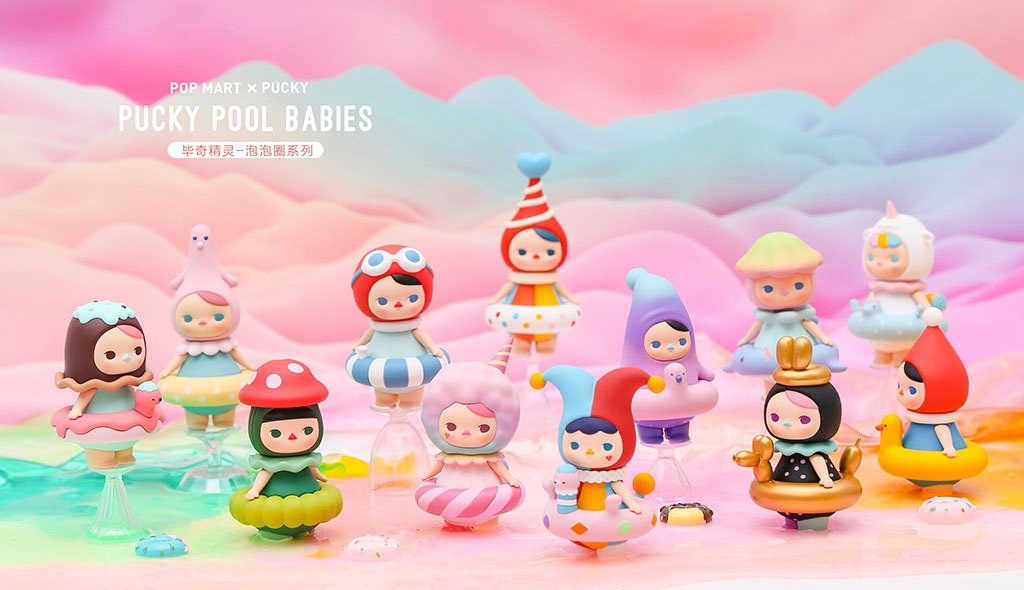
1) Let's talk about the question of 'how should we think about Chinese tech'
What do we talk about when we talk about Chinese tech? Who is 'we' here? How do you pronounce Elema?
I've hit 10k in followers and it's time to earn my stripes as a thinkboi.
What do we talk about when we talk about Chinese tech? Who is 'we' here? How do you pronounce Elema?
I've hit 10k in followers and it's time to earn my stripes as a thinkboi.
2) Chinese tech is a loaded term. The very fact that we have to say 'Chinese' tech rather than tech demotes its otherness.
So what does a place of origin signify? The different market conditions, political context and imo most importantly, the development stage of the country.
So what does a place of origin signify? The different market conditions, political context and imo most importantly, the development stage of the country.
3) I think @benedictevans and @ToniCowanBrown's podcast on 'How to think about Chinese tech when you know fa about China' (my title, not theirs), lays some of the groundwork here.
China's different market conditions and political context often means a parallel tech world
China's different market conditions and political context often means a parallel tech world
4) This means a fundamental rethinking of first principals that's hard to stomach for most Western tech folks
- Copy is not wrong, in fact, it shows you've picked a de-risked business model
- There are no unscalable resources, esp when labour is cheap
lillianli.substack.com/p/battle-royal…
- Copy is not wrong, in fact, it shows you've picked a de-risked business model
- There are no unscalable resources, esp when labour is cheap
lillianli.substack.com/p/battle-royal…
5) But I think the most important factor that gets overlooked is that China tech demotes something very particular. It is coming from a developing country. The life stage of a country is different from its cultural context.
What happens when a developing country is innovating?
What happens when a developing country is innovating?
6) What happens when technology isn't augmenting existing institutions but instead, creating it?
A lot of phenomenons of Chinese tech makes more sense once you consider it through a developmental lens on institution creation.
A lot of phenomenons of Chinese tech makes more sense once you consider it through a developmental lens on institution creation.
7) Why did China have super apps? Because there was enough space for them to expand into adjacencies and do well.
Chinese Mobile payments happened not just because credit card didn't take off, but because governments never created the institutions called credit agencies
Chinese Mobile payments happened not just because credit card didn't take off, but because governments never created the institutions called credit agencies
8) I think Chinese tech has shown a parallel world of tech-enabled institution creation in a more obvious way.
I think China's also more upfront about the fact that tech giants are institutions and should therefore be held accountable to the same level.
I think China's also more upfront about the fact that tech giants are institutions and should therefore be held accountable to the same level.
9) So with that framing, I think it needs to be asked who's 'we' when we talk about Chinese tech. Benedict and Toni talk from the perspective of Europeans but with the implication being that western tech companies will be affected and then the rest of the world through them.
10) But I think the true beneficiaries of Chinese tech's innovations are other developing countries who are also embarking on their own journey of technology-enabled institution building.
Whether it's Grab or SEA in south-east Asia or Rappi in South America
Whether it's Grab or SEA in south-east Asia or Rappi in South America
11) To take a global 'we', Chinese tech's innovations are going to profoundly shape the lives of the next billion as they come online.
In the West, you'll just be getting Substack 10 years after paid WeChat official accounts
In the West, you'll just be getting Substack 10 years after paid WeChat official accounts
12) Last thing, Elema's Chinese name is 饿了吗 (literally translated as Are you hungry). To hear how it's pronounced, press the sound button below the box.
fanyi.baidu.com/?aldtype=85#zh…饿了吗
fanyi.baidu.com/?aldtype=85#zh…饿了吗
13) Last Last thing. If you're looking for good resources on Chinese tech I recommend:
- @TechBuzzChina - great primer
- GGV's 996 podcast backlog (it's now called The Next Billion)
- Acquired podcast on PDD, Tencent and Alibaba
- My newsletter?
- @TechBuzzChina - great primer
- GGV's 996 podcast backlog (it's now called The Next Billion)
- Acquired podcast on PDD, Tencent and Alibaba
- My newsletter?
I'll be writing threads like this for the rest of Jan, follow me if you like these to spam your TL
• • •
Missing some Tweet in this thread? You can try to
force a refresh



